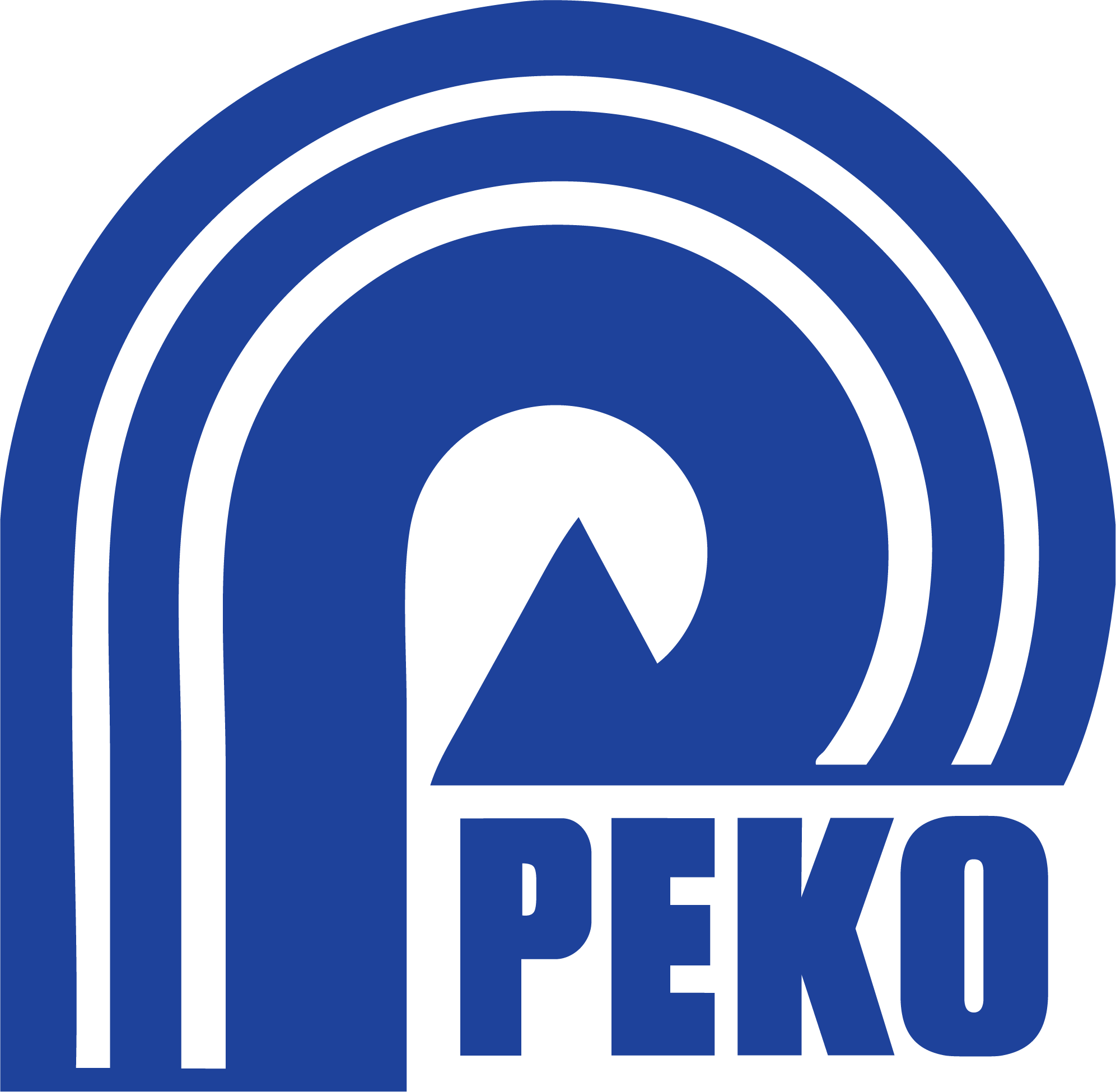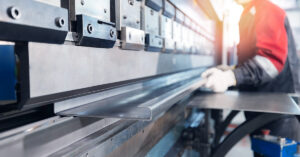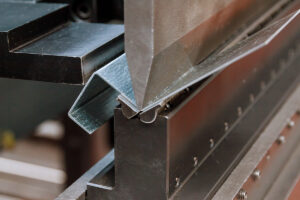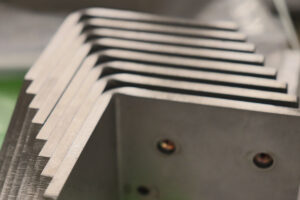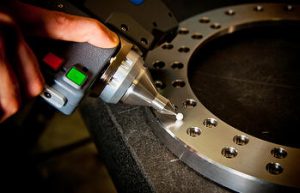 Choosing a precision CNC machine shop is a difficult task. With thousands across the US, one must be sure that great care is taken to ensure a competent shop with the right capabilities is chosen. Usually, an OEM will have a team of evaluators that can determine if the machine shop is capable of meeting their needs. This team typically consists of sourcing, quality, and engineering personnel. Each of these team members is responsible for certain facets of the business. Some OEM customers, like defense, semiconductor, and medical, have more stringent requirements when it comes to supplier evaluation.
Choosing a precision CNC machine shop is a difficult task. With thousands across the US, one must be sure that great care is taken to ensure a competent shop with the right capabilities is chosen. Usually, an OEM will have a team of evaluators that can determine if the machine shop is capable of meeting their needs. This team typically consists of sourcing, quality, and engineering personnel. Each of these team members is responsible for certain facets of the business. Some OEM customers, like defense, semiconductor, and medical, have more stringent requirements when it comes to supplier evaluation.
While different industries may vary, there are many similarities that hold true when evaluating a precision machine shop for consideration on a supply base. Today we will explore some of these factors that are commonly seen in a comprehensive machine shop evaluation.
1. CNC Machining Capabilities
From high speed to high torque, multi-axis, vertical, horizontal and everything in between. Machine shops must be evaluated on the types of machines they have and the capacity of those machines. The OEM customers must work with the shop to properly understand if the machine capability and capacity can meet the needs of their prospective orders.
2. Processing Strategies
The OEM evaluation team must look at the strategies the shop uses to run parts. Different volumes, setups, cycle times and flow all can seriously affect the price, quality and lead time of an order. Precision machines shops’ ability to optimize the process must be properly weighed in the decision to choose a supplier.
3. Continuous Improvement
The best machined parts contract manufacturers will pay attention to continuous improvement. By utilizing such strategies, value is provided to the OEM customer. These strategies range from Six Sigma, to Lean to Kaizen and other techniques. Evidence of these techniques should be readily available, and the results should be proven.
4. MRP/ERP
A comprehensive MRP or ERP system is paramount. Most shops are producing a mix of parts. These parts must be managed perfectly to ensure proper delivery is met. A good MRP or ERP will help with the supply chain, planning, routing, and shipping of the product. The OEM customer must evaluate the system in use to make sure the CNC machine shop is working accordingly.
5. Quality Systems
Most precision machine shops these days are ISO 9001 certified. Some have other certifications like the Medical ISO 13485 or the Aerospace AS9100. Whatever the quality certification is, a survey team must double check to make sure the daily discipline and documentation are all being done accordingly. Whether its First Article Inspection, Critical Features, Traceability paperwork, or anything else under the Quality System umbrella, it is only useful if done correctly and on a daily basis.
6. Business Viability
The OEM Customer must ask some tough business questions. Putting faith in a company that is in trouble can cause big supply chain problems. They should be asking “What is the annual revenue and margin?”, “What are the long-term goals of the company?”, “Is there any debt owed by the organization?”. By getting a basic sense of the health of the business, the OEM customer can decide whether or not it is smart to go ahead with the partnership.
7. Supply Chain Management
These are just some of the major factors that should be examined when evaluating precision machine shops. Many of these principles will work for any contract manufacturing partner. Here at PEKO, we have been working with customers for decades to help them understand why they should choose us as the right manufacturing partner. For more information about our precision machine shop and other contract manufacturing services, fill out the form below to contact our experts today.
